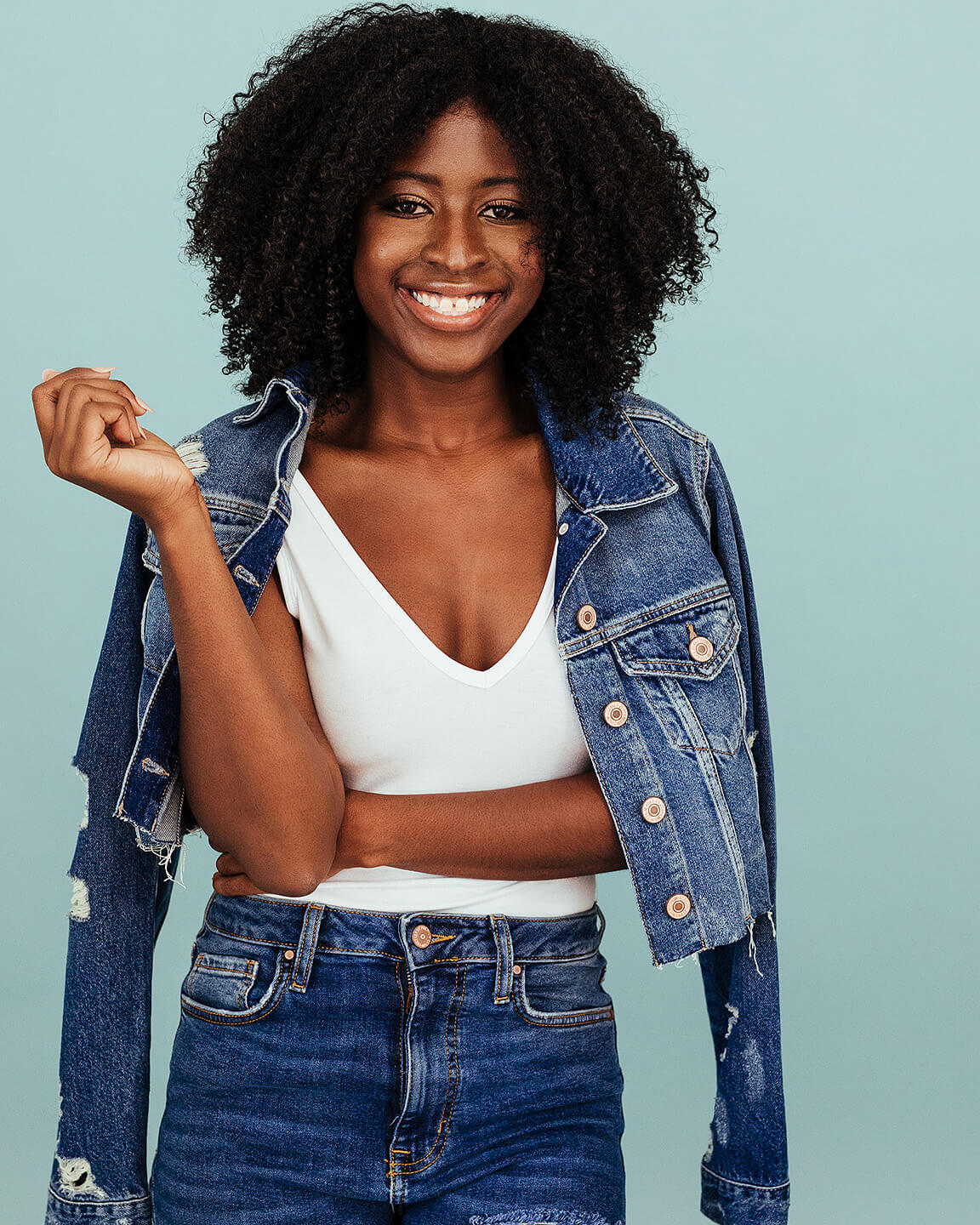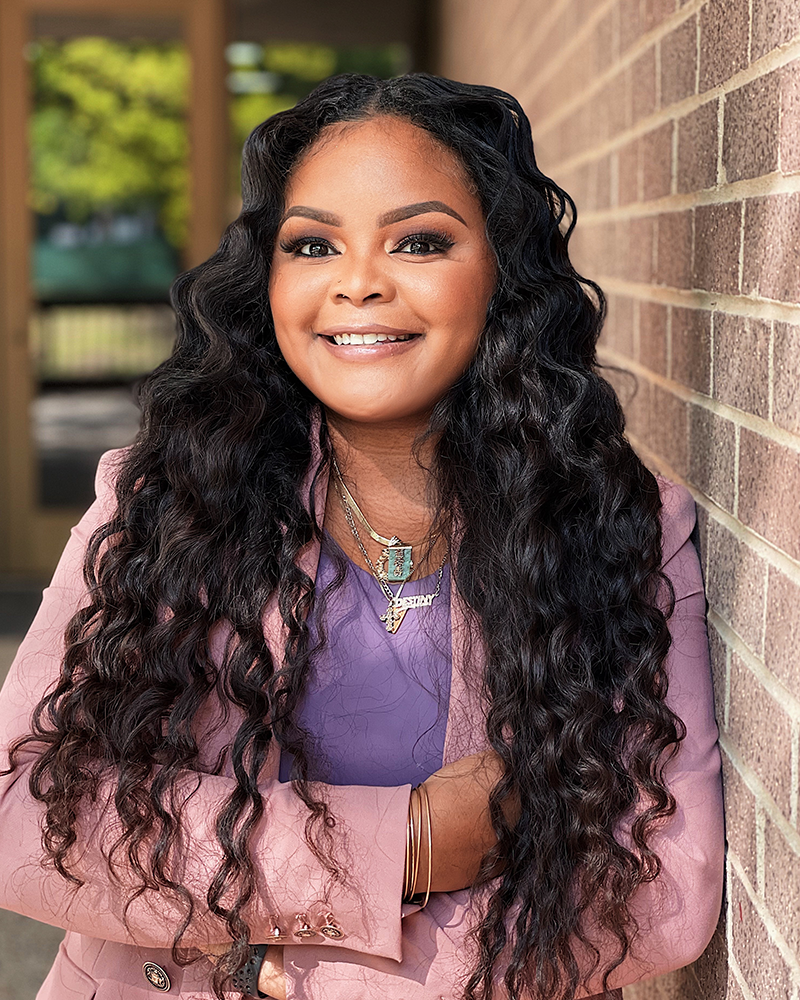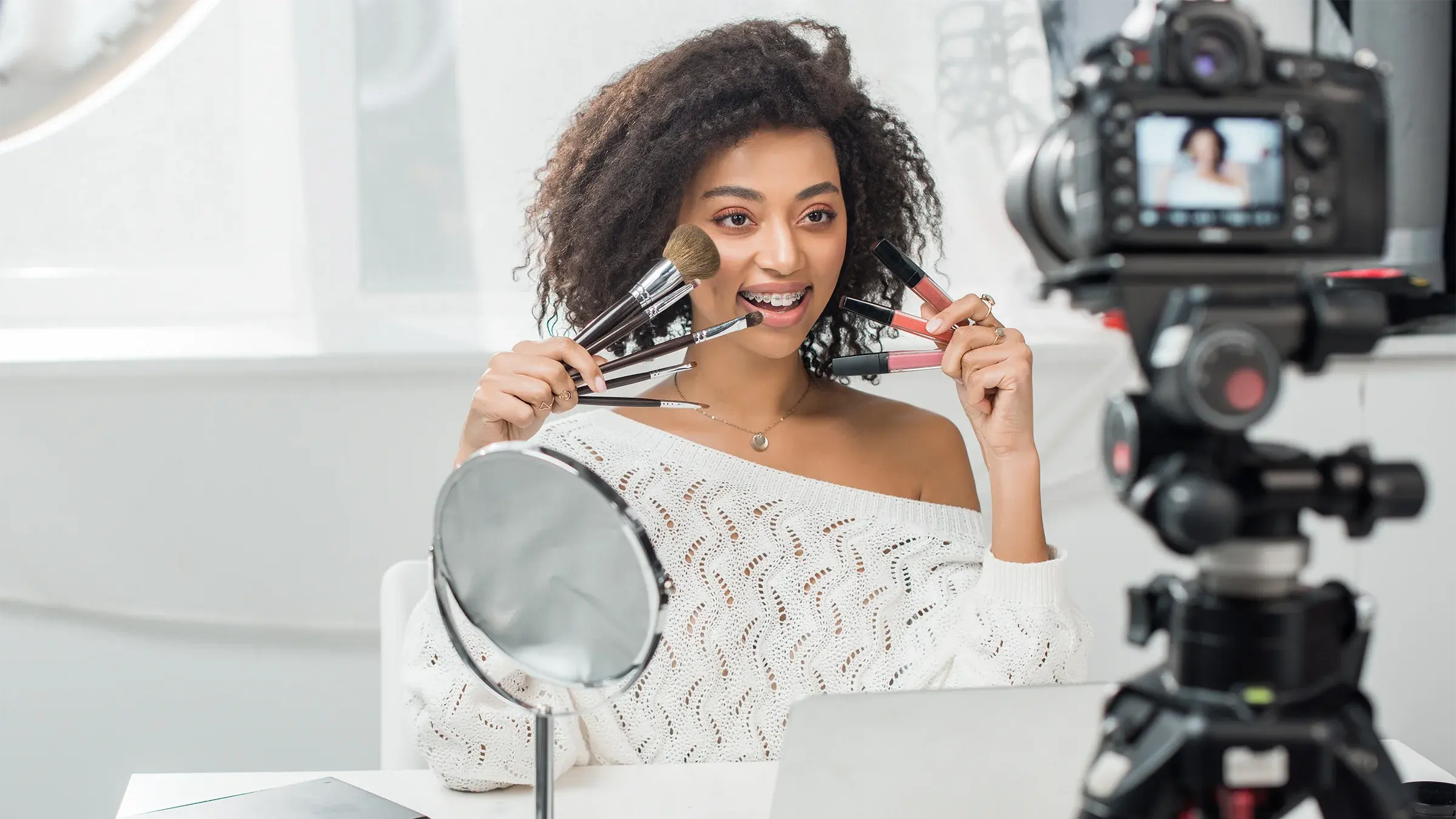Intro [00:00:00] Welcome to the Taylor Ten, a fast paced, ten minute deep dive into the minds of those shaking up the marketing world, bringing you the sharpest insights, boldest ideas and break through trends driving the industry forward. So tune in, get inspired, and stay ahead.
Chantel Williams [00:00:17] Hi, I'm Chantel Williams and welcome to The Taylor Ten. I'm here with my colleague Destiny, who is a senior strategist here at Taylor. And it's Black History Month. So we are here talking about black labor and its influence on American culture. And the thing that's not up for debate for sure is that black culture is the foundation of a lot of American culture, right? From music to fashion, sports to entertainment, black labor and creativity are often driving that machine. Yet too often, we're not cashing in on that influence, right? We're not getting the credit or ownership sometimes we deserve, and we see that playing out across different industries today. And since we're coming off the heels of Super Bowl last week, I think the NFL's a great place to start when we're talking about these things. Like not long ago, we were boycotting the NFL over Colin Kaepernick's protest. And the message was clear, right, to black fans, athletes and artists that we are pushing back. Fast forward to today. We are all tuned in, rooting for our favorite black quarterbacks on both sides of the field and anticipating right this halftime show from one of the biggest rap artists in the last decade or so. Right. So my question is, what's changed since then? And Destiny, like we'd love to hear your thoughts on that. Yeah.
Destiny Modeste [00:01:41] To your point, you know, just a few years ago, that conversation around the NFL and just black audiences was just so different. You know, we were protesting, we were boycotting and like all these public figures were speaking out about this racial injustice that was happening in the league. But now we're back to the Super Bowl, and it's filled with, like you said, all these black quarterbacks and these performers. So, like, what is shifting? And one of the things that I'm noticing is that the NFL has had a great strategic adaptation. The league saw that, you know, black audiences weren't just like tuning out because of what Colin Kaepernick was doing. But we started to question, like the overall relationship with what the brand, you know, like instead of like being fundamentally changing, has it actually changed its internal structure?And that's what we've been asking ourselves these last couple of years. But since the NFL like evolve its marketing to ensure that black culture remained a central part of its storytelling. It worked for them, you know, it really captivated us and got us back in. And I feel like that's something that was really interesting, is that the NFL realized that our cultural participation equals brand survival, you know, for them across the board is deeper than just like, you know, the viewership data and all that that comes from it. You know, black consumers have historically been some of the most engaged sports fans in general. We see it again even with this year. The Super Bowl is biggest spikes in engagement come from those halftime performances, with Kendrick's being like one of the most viewed of all time, I believe. So the league has really doubled down on that black culture engagement without, you know, actually showcasing any noticeable deep structural changes from my P.O.V.. So I think that's really important to call out here, is that, you know, they really were strategic in the adapted based off what they knew. The people want it, but are they really showcasing anything beyond that? And that's the question that I think people are still asking. But it's getting a little get a little getting a little lost, you know?
Chantel Williams [00:03:42] Yeah, I hear that. I think what's so interesting to me is the fact that we have large institutions and entities like the NFL who can't function right without that black engagement, without the views from black people, without the talent from black athletes and performers, whether it be a Beyonce or whether it be Kendrick Lamar. And to your point, it's like, okay, where does black ownership play a role in what's happening at the NFL beyond the halftime shows.But when we talk about true ownership, true participation beyond the people on the field or the talent during halftime, like where is there a role for that from an NFL perspective? And is that something that we're even seeing?
Destiny Modeste [00:04:34] And I don't think we are. I think this is also like a deeper thing. It's not just about the NFL. You know, I think it's similar to how brands in general react to these cultural moments. You know, when something isn't working like we're strategist was, something isn't working. We don't always have to, like change our deep rooted values, but we just adjust our messaging to what people are wanting to hear. In a sense, you know, that's how it works in marketing. So like the NFL, like many other industries, understood that, like you said, that the black culture is essential to this, their economic model. So it just found a way to integrate more seamlessly, like you said, through all those those different avenues. And it's just an interesting space to see them, how they shifted that and they actually own that. And if black culture wasn't at the center of these industries, like why don't we have more economic power as well?
Chantel Williams [00:05:27] To your point, like beyond sports, if we look at, you know, fashion, music, spirits, all of these other areas, there sometimes are in marketing these patterns of just co-opting black culture. Right. And knowing that at the end of the day, that doesn't tied to real equity sometimes. And so the question becomes like, okay, are we in the room? And, you know, over the years we've gotten a little bit better with having the right people in the room. But I think what we are starting to see is a larger conversation around black people and black consumers around being able to own the room and own those narratives a little bit more. Like, I know we, me and you both did a focus group a couple of weeks ago around this with some black consumers around black affluence and what these people are doing, thinking, buying and consuming. And that seemed to be a very large theme about being featured in the culture and being featured as a part of American culture, as not being the same as like owning the culture, owning a piece of that narrative. And I think that there is something to how we need to rethink our approach as marketers, right? Like, what does that equity look like? Like how do we move from yes, being a part of the conversation to maybe co-creating that conversation?
Destiny Modeste [00:06:52] Yeah, I love that. I think you hit the nail on the head. Like this is a larger conversation about cultural capital versus that economic ownership and equity. And that's literally what we're seeing across the board. And I bring it back to the NFL. Like the NFL depends on our black talent at every level, from athletes to the people in the field that are, you know, running around and helping out. But when we look at that ownership and decision making power, the numbers really tell a different story Out of all of the teams in the NFL. There are currently no black principal owners in the league, like none at all. That's a big contrast and something we're seeing across many industries where black culture is at the forefront. This is in luxury fashion, and we see it in music where, you know, hip hop generates so many, so much money, but people don't own their masters. Like it's just across the board, something that we're seeing.But as you mentioned, the concept of being in the room versus owning the room comes in and, you know, we have to be ready is like the utilizing these black athletes and entertainers as visibility isn't the same as having that ownership power. So that's a question we got to continue to ask ourselves. Are we really investing in that long term or are we just leveraging black and black people when it comes to benefits, like when it's benefiting us?
Chantel Williams [00:08:15] Yeah. And I think one of the the things that we need to think about too is just a mindset shift right around the fact that, like, ultimately black culture and American culture are synonymous. And while, yes, there are nuances to black culture that we need to learn about and understand in order to tap into it, leverage it, support the people who create it, we also need to start thinking about the level of integration that needs to happen between kind of black people, black creatives in this overall American narrative. And as marketers, I think there's something to truly thinking about how you're leveraging black labor and black creatives in all the work that you're doing and not it just, you know, people being behind the camera or people being stylists on the set. I think we move beyond that. We've moved past that. We need people to be at the table shaping the strategies that are driving the work that is moving forward. Like representation isn't just enough. So if we want to take away three things from this conversation for brands, for marketers, for those who are, you know, leaders in shaping culture and shaping possibility. I think some of the things are remembering that black labor built America, right? Like a lot of what we know and understand about American culture, black people have had a hand in creating and ultimately a lot of black culture sustains a lot of things that are popular in America. And I think we just have to start asking ourselves, like, are we investing in black culture or are we just extracting from it? When we're going about these projects and in campaigns that we're working to develop as an agency partner and even brand marketers on the client side as well.
Destiny Modeste [00:10:09] Black labor built America and black culture sustains it
Chantel Williams [00:10:13] Thank you. So that is it for today's Taylor Ten podcast. Thank you fortuning in and we'll catch you next time.









.png)
.png)
.jpg)
.jpeg)
.jpg)

.jpg)
.jpg)

